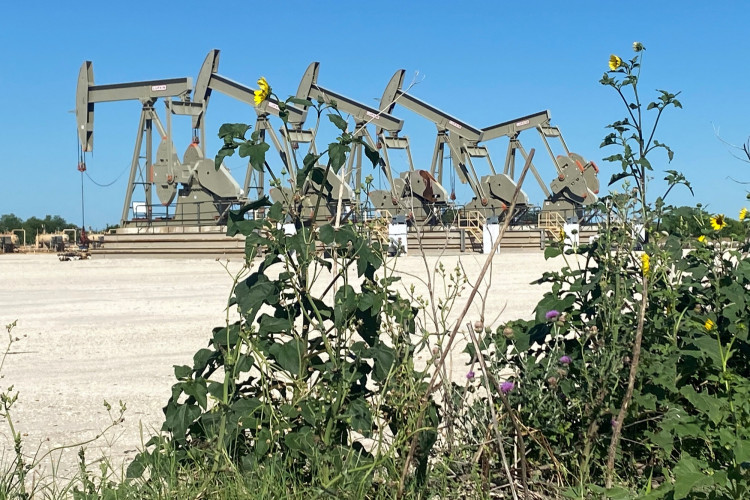A study conducted by professional services network Deloitte Touche Tohmatsu Limited forecasts that the US shale industry may be going into a period of "great compression" amid the continued slump in global oil prices. The study, which was released on Monday, predicts that the industry could stand to lose more than $300 billion as a direct result of the global oil price crash caused by the coronavirus pandemic.
The London-based accounting organization believes that exploration and production companies will be writing down billions of dollars worth of assets as operations are cut to unprecedented levels. Companies that are struggling to breakeven and those that are just trying to survive will likely be forced to abandon major assets, resulting in a possible wave of bankruptcies.
Deloitte added that significant disruptions in the industry are expected for the second quarter and possibly even the third quarter as the oil price environment continues to stay at lowered levels. Most companies will continue to struggle with the lingering effects of the global pandemic, standing debt loads, and capital constraints. While most will likely not survive before the year ends, a wave of mass consolidations will likely result in new major players.
In its study, Deloitte noted that unlike previous economic downturns, this year's crisis presents a unique situation as the headwinds had come simultaneously. This has created a higher level of risk for technical insolvencies that is placing immense pressure on the global industry.
In the US, Deloitte estimates that around 30 percent of shale operators are now in technical insolvency with oil prices lingering at around $35 per barrel. Meanwhile, around 20 percent are suffering financially and are unlikely to quickly recover. Deloitte predicts that the next six to 12 months will see a wave of new consolidations, deeper than any the industry has ever experienced.
Since the start of the year, particularly in March and April, oil prices have plummeted to record lows as a direct result of the coronavirus pandemic. With governments closing their borders and people being asked to stay at home, demand for fuel has dipped to all-time lows. Recent estimates have pegged the drop in global fuel demand to be as much as 80 percent as cars, planes, and other modes of transportation were shut down. At one point in April, crude prices plunged into the negative territory for the first time.
The immediate response of oil companies, including dramatic production cuts, have somewhat resulted in a slight recovery. The US oil benchmark has so far increased by more than 200 percent from their lows. As of Monday, the US oil benchmark was trading at around $39 per barrel, still well below the $60 per barrel prices at the beginning of the year.






